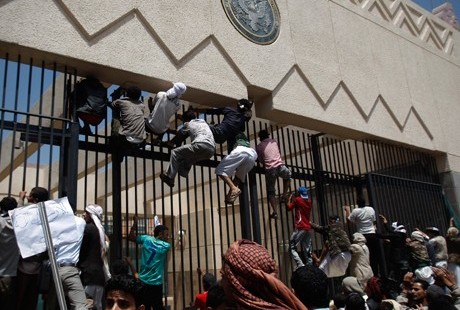
Rethinking American exceptionalism
It’s time to revisit one of our founding myths
Myths enclose those who believe in them. They are not subject to debate or rational consideration. One cannot hold them up to the light and parse them for their true and applicable aspects as against their false and misleading ones.
They are there, stories whose frequent telling has inscribed upon them a balanced, inalterable structure. This gives mythology its enclosing character. One lives either within it or not, one either accepts it as a guide to “what happened” or not and, finally, “what will happen.”
Perceptions of self and other are often rooted in myths. And so it is for Americans. And yet, our time is a time of de-mythologizing.
For us, we Americans, that means we are now called upon to advance beyond the mythologies that carried us from our nation’s very beginnings until 2001.
That is why this is such a big moment historically, as large as when our common narrative was first articulated, in its quite mythological form, almost four hundred years ago.
This point should not be difficult to grasp. Many Americans understand already, it seems to me, what truly happened in September 2001. But for others the point may prove nearly impossible to accept.
It did not help that the Bush Administration chose to case the events of September 11th as a call to arms, a time to reaffirm the very things that, in those horrific moments, had finally become untenable.
We had clung to the notions of American power and exceptionalism already for far too long — and with ever less good reason or grounding in reality.
This inability to come to terms with where we stand as a nation — and where the United States stands in the world — becomes readily apparent when we observe what we call our “culture wars.”
PROVIDENTIALLY BLESSED?
Or when we listen to our national political discourse. When we consider policies for health care, immigration, education or the proper regulation of our markets, does it truly make sense to claim that our institutions, as established, are providentially blessed? Is it wise to keep spinning the myth that we still live in sacred time and should therefore be immune to change?

